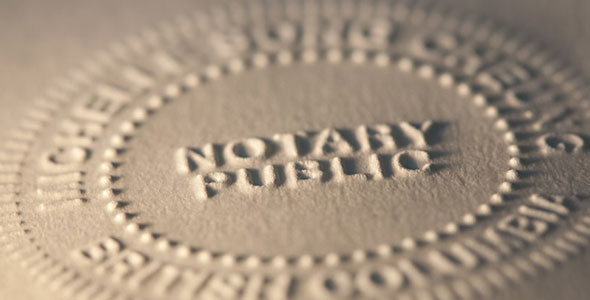Debunking Notarial Work: Simplifying the Duty and Importance of Notaries
Their duty, typically shrouded in mystery for many, lugs substantial weight in ensuring the legitimacy and honesty of crucial papers. By unraveling the intricacies surrounding notarial techniques and dropping light on the significance of their acts, a more clear understanding emerges of the crucial function notaries play in supporting the fabric of contractual and legal arrangements.
The Background of Notarial Work
How did notarial job progress gradually to come to be an integral part of lawful and company purchases? The history of notarial job go back to ancient civilizations, where scribes played a critical function in tape-recording crucial info and confirming records. As cultures advanced, the requirement for a more formalized system to ensure the validity of contracts occurred. This resulted in the advancement of notaries, people appointed by the state to act as neutral witnesses in legal matters.
During the Center Ages, notaries gained prestige in Europe, with their functions expanding to consist of composing lawful records, certifying trademarks, and preserving records. The surge of worldwide profession further emphasized the relevance of notarial work in verifying agreements and contracts throughout boundaries.
In the modern age, notaries remain to play an essential role in lawful and business purchases by validating identities, verifying the authenticity of files, and protecting against fraud. Their function in certifying the validity of contracts adds a layer of safety and depend on to the ever-evolving landscape of business and regulation.

Duties and Duties of Notaries
Notaries play a crucial role in validating the authenticity of files and the identification of signatories. One of their primary duties is to witness the signing of important papers, such as wills, agreements, and acts, to make sure that all parties are getting in right into agreements intentionally and willingly.
Moreover, notaries are tasked with providing oaths and affirmations, which are crucial in lawful proceedings and the execution of sworn statements. They license copies of original documents, supplying assurance to organizations that the copies hold true replicas of the originals. Notaries should keep accurate records of all transactions they look after to make certain openness and accountability. Generally, the duties and responsibilities of notaries are important in protecting the stability and legitimacy of numerous papers and transactions.
Notarial Certificates and Signatures
Exhibiting meticulous interest to information, notarial certificates and trademarks function as vital parts in confirming the authenticity of legal papers. Notarial certifications commonly consist of vital information such as the day of notarization, the names of the signatories, a description of the record, and Get More Information the notary's main seal. These Related Site certifications supply a clear record of the notarial act, making certain that the file can be easily identified and mapped back to the notary that managed the process.
Signatures play a critical function in notarial job, as they indicate the arrangement and authorization of the events included. Notaries very carefully witness the finalizing of documents to confirm the identification of the signatures and confirm that they are signing of their own free choice. By fastening their official seal and trademark to the record, notaries accredit that the needed treatments have actually been adhered to which the record is legitimate and enforceable.
Fundamentally, notarial certificates and signatures are the trademark of credibility in lawful deals, giving assurance to all parties entailed that the files are legit and binding.
Importance of Notarial Acts

Registration Refine Discussed
Explaining the registration process gives clarity on the necessary steps associated with confirming lawful files. The registration procedure usually starts with the individual offering the document to a notary public. The notary then verifies the signer's identification through appropriate identification methods. Once the identification is confirmed, the notary makes sure that the specific authorizing the document does so voluntarily and without any kind of coercion.

Verdict

Notarial certifications normally have essential details such as the day of registration, the names of the notaries, a description of the document, and the notary's main seal. These certificates supply a clear record of the notarial act, making certain that the paper can be quickly determined and traced back to the notary who looked after the process.
By affixing their main seal and signature to the paper, notaries certify that the needed treatments have been followed and that the record is valid and enforceable.
By confirming the identification of the notaries, verifying their desire to enter right into the arrangement, and accrediting the date and location of the signing, notaries play a critical duty in upholding the credibility of lawful records.After the paper is authorized, the notary will fasten their main seal or stamp onto the paper.